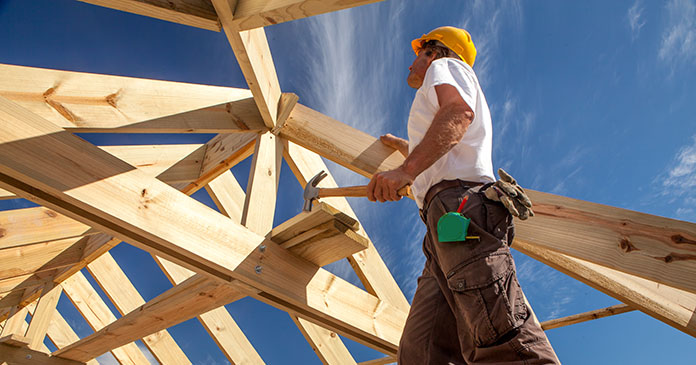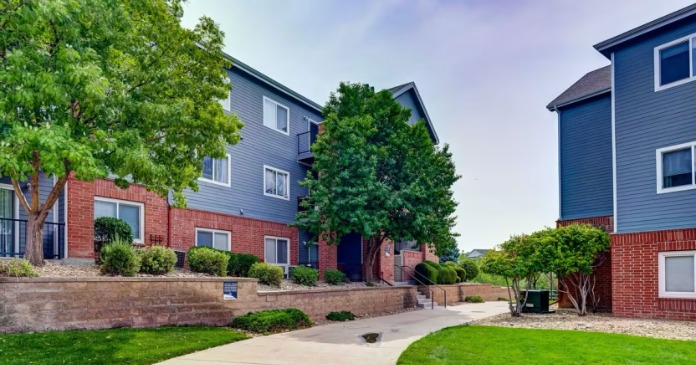Builder confidence fell for the eighth straight month in August as elevated interest rates, ongoing supply chain problems and high home prices continue to exacerbate housing affordability challenges. In another sign that a declining housing market has failed to bottom out, builder confidence in the market for newly built single-family homes fell six points in August to 49, marking the first time since May 2020 that the index fell below the key break-even measure of 50, according to the National Association of Home Builders (NAHB)/Wells Fargo Housing Market Index (HMI) released.
“Ongoing growth in construction costs and high mortgage rates continue to weaken market sentiment for single-family home builders,” said NAHB Chairman Jerry Konter, a home builder and developer from Savannah, Ga. “And in a troubling sign that consumers are now sitting on the sidelines due to higher housing costs, the August buyer traffic number in our builder survey was 32, the lowest level since April 2014 with the exception of the spring of 2020 when the pandemic first hit.”
“Tighter monetary policy from the Federal Reserve and persistently elevated construction costs have brought on a housing recession,” said NAHB Chief Economist Robert Dietz. “The total volume of single-family starts will post a decline in 2022, the first such decrease since 2011. However, as signs grow that the rate of inflation is near peaking, long-term interest rates have stabilized, which will provide some stability for the demand-side of the market in the coming months.”
Roughly one-in-five (19 percent) home builders in the HMI survey reported reducing prices in the past month to increase sales or limit cancellations. The median price reduction was 5% for those reporting using such incentives. Meanwhile, 69 percent of builders reported higher interest rates as the reason behind falling housing demand, the top impact cited in the survey.
Derived from a monthly survey that NAHB has been conducting for more than 35 years, the NAHB/Wells Fargo HMI gauges builder perceptions of current single-family home sales and sales expectations for the next six months as “good,” “fair” or “poor.” The survey also asks builders to rate traffic of prospective buyers as “high to very high,” “average” or “low to very low.” Scores for each component are then used to calculate a seasonally adjusted index where any number over 50 indicates that more builders view conditions as good than poor.
All three HMI components posted declines in August and each fell to their lowest level since May 2020. Current sales conditions dropped seven points to 57, sales expectations in the next six months declined two points to 47 and traffic of prospective buyers fell five points to 32.
Looking at the three-month moving averages for regional HMI scores, the Northeast fell nine points to 56, the Midwest dropped three points to 49, the South fell seven points to 63 and the West posted an 11-point decline to 51.
HMI tables can be found at nahb.org/hmi. More information on housing statistics is also available at Housing Economics PLUS.












